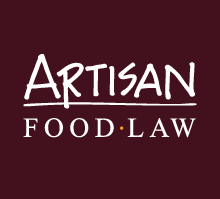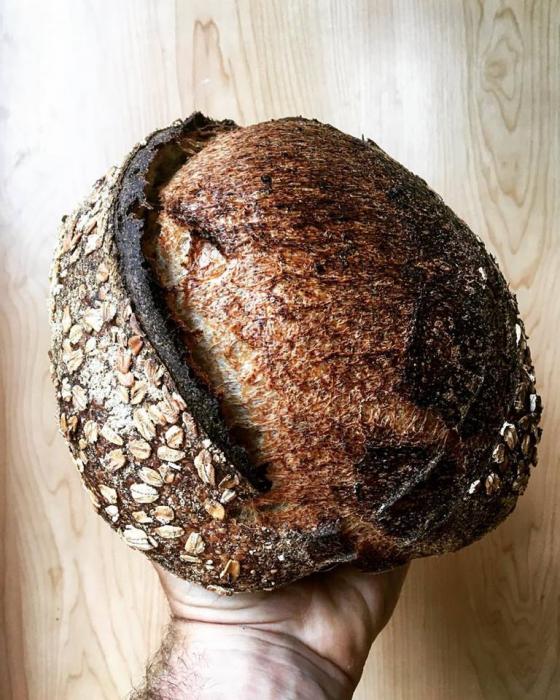Sourdough hijacking by loaf fabricators
Genuine sourdough bread comprises only three ingredients: flour, salt and water. Sourdough is not a trend or bandwagon to jump on, but the oldest traditional way of leavening dough, combining flour, salt and water to make delicious bread.
The Association of Bakery Ingredient Manufacturers, Federation of Bakers, Craft Bakers Association, The British Sandwich and Food To Go Association and Pizza, Pasta and Italian Food Association have come together and presented Defra with a proposed ‘UK Baking Industry Code of Practice for the Labelling of Sourdough Bread and Rolls’. In doing so they clearly seek to exploit the belief that “it is not at all certain that the majority of the bread-buying public are aware what ‘sourdough’ is, how it is produced, or what its typical characteristics should be.” The motivation comes from a recognition that a revival in the market for sourdough bakery products shows little sign of abating.
The purported aim of the Code is to “clarify the term and prevent misinformation when it is applied to products in the UK bakery market”. The reality, however, is quite different and represents a sourfaux or pseudough charter.
The proposed Code employs three different uses of the word ‘sourdough’ and “where space and skills are lacking” would permit the use of processing aids (which do not appear in a list of ingredients), other additives, baker's yeast and other leavening agents “that help to simplify the process”.
The authors of the Code state that a “unique opportunity exists … to agree on terms and definitions that are mutually beneficial to producers and consumers” yet have sought no input from the many independent bakers crafting genuine sourdough or the Real Bread Campaign.
Real Bread Campaign coordinator Chris Young commented:
“We believe that the industrial loaf fabricators’ proposed code undermines the integrity of the word sourdough with muddled meanings that would make things more, not less, confusing for shoppers. Its adoption would create a sourfaux free-for-all, which would also have a negative impact on Real Bread bakeries of all sizes that bake genuine sourdough.”
Skilfully crafted sourdough bread is aromatic, delicious and there is a growing body of evidence which suggests it might offer nutritional and other health benefits which only come about through long fermentation of dough using a live sourdough starter culture of yeasts and lactic acid bacteria which occur naturally. Many people find they can tolerate gluten in genuine sourdough and may be misled into purchasing fast fermented products.
The law already protects consumers against misleading descriptions including the misuse of ‘wholemeal’, ‘organic’, ‘high fibre’, ‘low salt’ and ‘low sugar’. The descriptor ‘wheatmeal’ is prohibited altogether. The same should apply to the misuse of the bread and bakery descriptors ‘wholegrain’, ‘freshly-baked’, ‘artisan’ and, most importantly, ‘sourdough’. The Real Bread Campaign seeks to achieve this outcome through the adoption of an Honest Crust Act and Defra have committed to reviewing loaf labelling and marketing law.
The proposed Code is little more than a cheats’ charter which seeks to legitimise the exploitation of the growing popularity of sourdough by hijacking the name for commercial gain.





